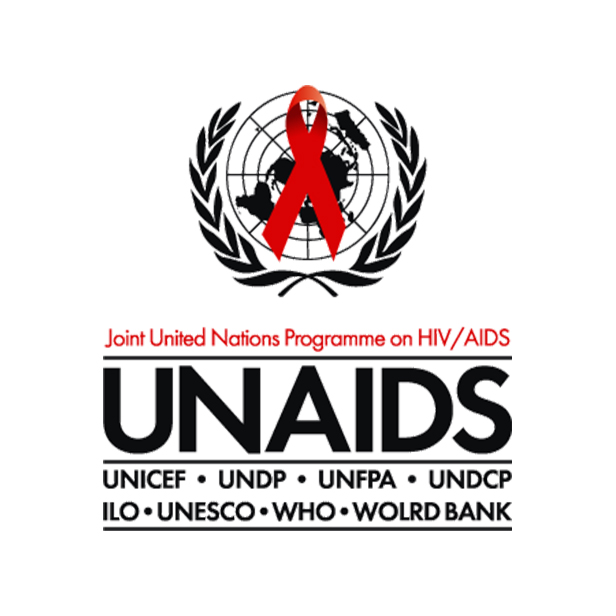By Gina Abella
Following the adverse effect of the COVID-19 pandemic, the Joint United Nations Programme on HIV/AIDS (UNAIDS), has called on countries to strengthen their social protection programmes, in order to protect the lives and livelihoods of vulnerable persons
The UN organisation, has projected that the COVID-19 pandemic would cause an increase in the number of death amongst persons with HIV, Tuberculosis and malaria in the next five years.
Also, hundreds of millions of persons globally, have been projected to lose their jobs this year, besides the 150 million full time jobs already lost in the first quarter of the year, while more than 265 million persons already afflicted by conflict, economic or climate crises, were at risk of acute food insecurity by the end of 2020.
According to Executive Director UNAIDS, Winnie Byanyima, the most vulnerable persons to be most affected were; women and girls, gay men and other men who have sex with men, sex workers, people who use drugs and transgender people. She however noted that many of these set of persons were excluded from existing social protection programmes.
In her words: “UNAIDS is calling on countries to adopt urgent measures to reinforce social protection programmes to shield the most vulnerable people from the health impact and socio-economic fall-out of the COVID-19 pandemic.
“People living with HIV and tuberculosis (TB) are being significantly impacted by COVID-19. Modelling has estimated the potential catastrophic impacts of the COVID-19 pandemic with increases of up to 10%, 20% and 36% projected deaths for HIV, TB and malaria patients, respectively, over the next five years.
“Countries must ensure that everyone is able to receive essential services including health care and they must invest adequately in social protection programmes to keep people safe and to shield them from the consequences of losing their livelihoods.”

On his part, Director General of the International Labour Organization (ILO), Guy Ryder, said only 29 percent of the world’s population has access to adequate social protection coverage,.
Ryder said: ” Governments must act to ensure the sustainability of livelihoods, businesses and jobs and the protection of workers’ health, rights and incomes during and after COVID-19.”
Executive Director, United Nations Children’s Fund (UNICEF), Henrietta Fore, urged governments to invest in social protection programmes designed specifically for the protection of women and girls. According to her, Women were particularly vulnerable to the economic crisis being disproportionately employed in the informal sectors of the economy, often employed on the frontline of the response to COVID-19, make up 70% of the workforce in the health and social care sectors, and carry out the bulk of unpaid domestic duties in the home, childcare and other caring functions. While noting an increase in gender-based violence during lockdown, she added that generation of young people were also at risk from the socio-economic crash caused by the pandemic.
“The vulnerability of children and young people is being further amplified by school closures which have affected more than 90% of the world’s student population, interrupting their education and their access to crucial social services, such as school meals.
“Children and young people are suffering disproportionately from the socio-economic impact of the COVID-19 crisis. Before the outbreak, two out of three children had no or inadequate social protection fund. Countries need to live up to their commitment for social protection for everyone who needs it.”



